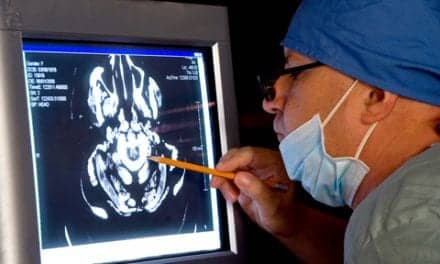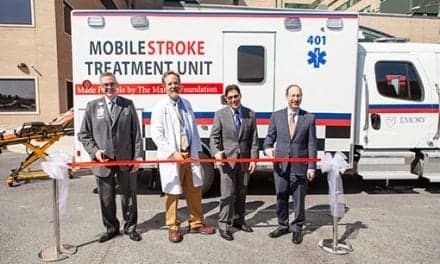NEW YORK (Reuters Health) – Socioeconomic status appears to play a role in functional and motor recovery after stroke. However, the importance of specific factors differs depending on the stage of recovery, according to European researchers.
"During inpatient rehabilitation, educational level was a determinant of recovery, while after discharge, equivalent income played an important role," lead investigator Dr. Koen Putman told Reuters Health.
"Our findings," he added, "call for specific support during inpatient rehabilitation for stroke patients with a lower educational level."
As they report in the June issue of the Journal of Neurology, Neurosurgery and Psychiatry, Dr. Putman of Vrije Universiteit Brussel, Belgium and colleagues used the Barthel Index and Rivermead Motor Assessment (RMA) to evaluate 419 stroke rehabilitation patients on admission, at discharge and 6 months after stroke.
During the inpatient period, both measures indicated that patients with a low education level were about half as likely to improve as were their better educated counterparts. However, there were no recovery differences among income groups.
After discharge, those with a low income were considerably less likely to recover as gauged by scoring on the RMA for gross function, for leg and trunk function, and for arm function. There were no differences related to education.
"It is likely that motivational aspects differ between socioeconomic groups," continued Dr. Putman. Without stigmatizing those with a low educational level, he said, during inpatient rehabilitation "they need a more adequate learning environment, and staff should be more aware of providing information and encouragement on a more individual basis."
For the post-discharge period, "more detailed analyses are needed to draw a more firm conclusion concerning socioeconomic differences in provision of services after discharge and its relationship with motor recovery."
"If further evidence is found of the effect of socioeconomic status on recovery after rehabilitation," he concluded, "needs-based rehabilitation approaches will have to be developed to guarantee equity in health care provision."
J Neurol Neurosurgery Psychiatry 2007;78:593-599.
Copyright Reuters 2007. Click for Restrictions




